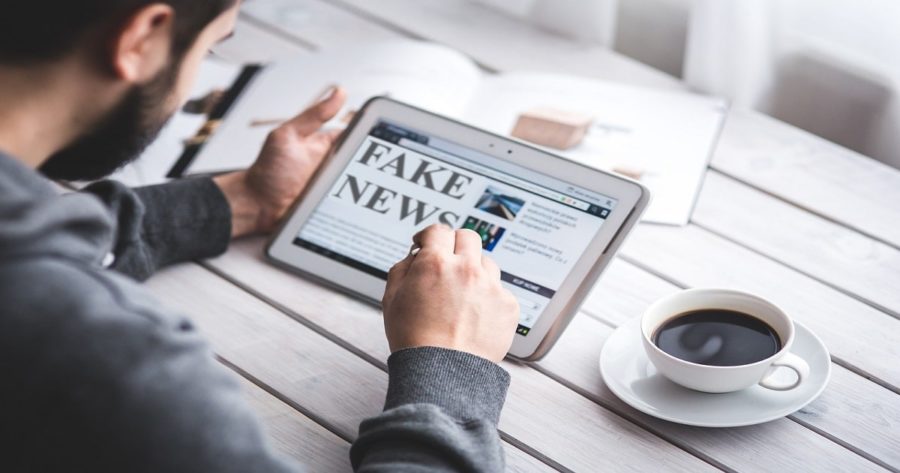Can Elections Be Free And Fair Of Social Media?
- TDS News
- Trending
- Canada
- World News
- October 11, 2022

In the modern era, if a candidate is not on social media, they are limiting their odds of connecting with their voters
Elections are a social event in many countries and are broadcasted worldwide via social media. Many believe social media has revolutionized how we campaign for and govern our countries. Others believe it has led to increased political polarization and conflict. It’s essential to think critically about how we use social media and consider the ethical implications of our actions.
Social media has revolutionized how political parties, candidates and issues are communicated to the general public. It makes it possible to share with many people directly and quickly. This has several advantages over traditional media, such as more cost-effective campaigns and a wider audience. However, this rapid communication can lead to misinformation, polarization, conflict and other adverse societal effects. Much research is needed to understand how social media affects how we conduct elections and interact with politics.
It’s important to point out that Facebook has become an integral part of modern elections. Nearly every political campaign uses Facebook to reach out to new voters. This is one way the platform’s massive user base benefits any given campaign. Additionally, politicians regularly use Facebook as a tool for bullying and manipulating users’ emotions. This has led many to avoid using the platform during elections due to concerns over inappropriate behaviour by users and admins alike. However, it’s still one of the most popular ways for politicians to communicate with their constituents.
Many countries have laws restricting political campaigning during election seasons. Anyone posting political content online in several countries risks being labelled a counterrevolutionary. This allows the government to suppress critical thought among its citizens without directly interfering with its elections. Some countries have banned social media platforms during elections to prevent politicians from using them for nefarious purposes. In contrast, some countries allow social media access during national holidays so citizens can inform themselves about current affairs- even when voting doesn’t affect their daily lives.
While social media has many positive aspects, it also allows for widespread political campaigning without any barriers to the abuse or propagation of falsehoods. We’ve seen how harmful these platforms can be when used by corporations or governments without concern for ethics or the public good. Hence, governments must maintain some form of oversight on these platforms, so citizens aren’t left vulnerable while choosing their leaders.








